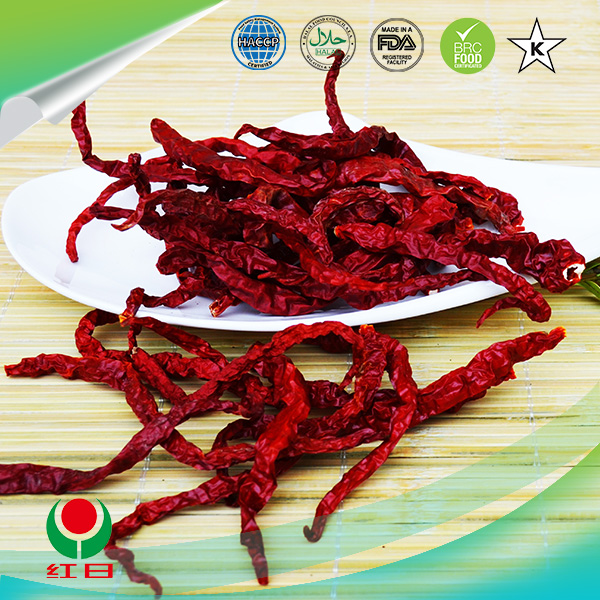- No. 268 Xianghe Street, Economic Development Zone of Xingtai city, Hebei 054001 China
- Byron@hbhongri.cn
edible turmeric powder
The Benefits of Edible Turmeric Powder
Turmeric, scientifically known as Curcuma longa, is a bright yellow spice derived from the rhizome of the turmeric plant, which belongs to the ginger family. Often referred to as “golden spice,” turmeric has been utilized for thousands of years in traditional medicine and culinary practices, particularly in Asia. As edible turmeric powder garners global recognition, the range of its health benefits and culinary applications are becoming increasingly appreciated.
One of the primary active compounds in turmeric is curcumin, which possesses powerful anti-inflammatory and antioxidant properties. Numerous studies have suggested that curcumin can combat inflammation in the body, which is crucial because chronic inflammation is linked to various health conditions, including heart disease, cancer, and neurodegenerative disorders. Regular consumption of turmeric powder might help reduce the risk of these diseases and improve overall well-being.
In addition to its anti-inflammatory effects, turmeric powder is celebrated for its ability to boost the immune system. With the ongoing emphasis on maintaining a strong immune response, particularly amid global health challenges, incorporating turmeric into the diet can be a simple yet effective way to enhance immunity. The spice has been noted for its potential to fight off flu and cold viruses and to serve as a natural remedy in traditional medicine for respiratory ailments.
The digestive benefits of turmeric are also noteworthy. Turmeric powder can aid in digestion by stimulating bile production in the liver, which is beneficial for fat breakdown. It may also improve gut health by promoting the growth of beneficial gut bacteria, which is essential for a healthy digestive system. For those struggling with digestive issues such as bloating, gas, or indigestion, incorporating turmeric into meals can provide relief.
edible turmeric powder

Culinary applications of turmeric powder are virtually endless. It shines in Indian cuisine, where it is a key ingredient in curry blends. However, its versatility allows it to be used in a variety of dishes across different international cuisines. From soups and stews to rice and grain dishes, turmeric adds a warm, earthy flavor and a vibrant golden hue. Additionally, it can be easily incorporated into smoothies, teas, and even baked goods, making it a convenient addition to a health-conscious diet.
Interestingly, the absorption of curcumin in the body is relatively poor, but certain dietary components can enhance its bioavailability. Pairing turmeric with black pepper, which contains piperine, can increase curcumin absorption by up to 2000%. Moreover, consuming it with healthy fats, such as olive oil or coconut oil, can also improve absorption, making the benefits more accessible.
In addition to its health benefits, turmeric has also gained popularity due to its potential role in skin care. Its anti-inflammatory and antimicrobial properties may help reduce acne and skin irritations, while its antioxidant effects could contribute to a youthful appearance. Many beauty products and natural remedies now feature turmeric as a key ingredient, emphasizing its multifunctionality.
While turmeric is highly beneficial, moderation is essential. Consuming it in reasonable amounts is generally safe, but excessive intake may lead to gastrointestinal issues in some individuals. As with any supplement or dietary change, it is advisable to consult with a healthcare professional, especially for those on medication or with existing health conditions.
In conclusion, edible turmeric powder is a remarkable spice that offers a wide array of health benefits, culinary versatility, and skin care potential. With its wealth of positive properties, incorporating turmeric into daily life can be a delightful way to enhance both health and flavor. Whether sprinkled in a dish, blended into a smoothie, or steeped in tea, turmeric is an ingredient that truly deserves a place in our kitchens.
-
Unlock the Power of Capsicum Frutescens Fruit Extract – A Flavorful Boost for Your Products!NewsJul.22,2025
-
The Vibrant World of Powder Paprika – Unlock Flavor and Color in Your DishesNewsJul.22,2025
-
The Golden Power of Turmeric Root Powder – A Superfood for Every Kitchen!NewsJul.22,2025
-
Ignite Your Dishes with Crushed Red Chilli – A Spicy Delight Awaits!NewsJul.22,2025
-
Explore the Golden Benefits of Turmeric Powder – A Superfood for Every Kitchen!NewsJul.22,2025
-
Discover the Richness of Paprika Food – A Flavorful Journey Awaits!NewsJul.22,2025







